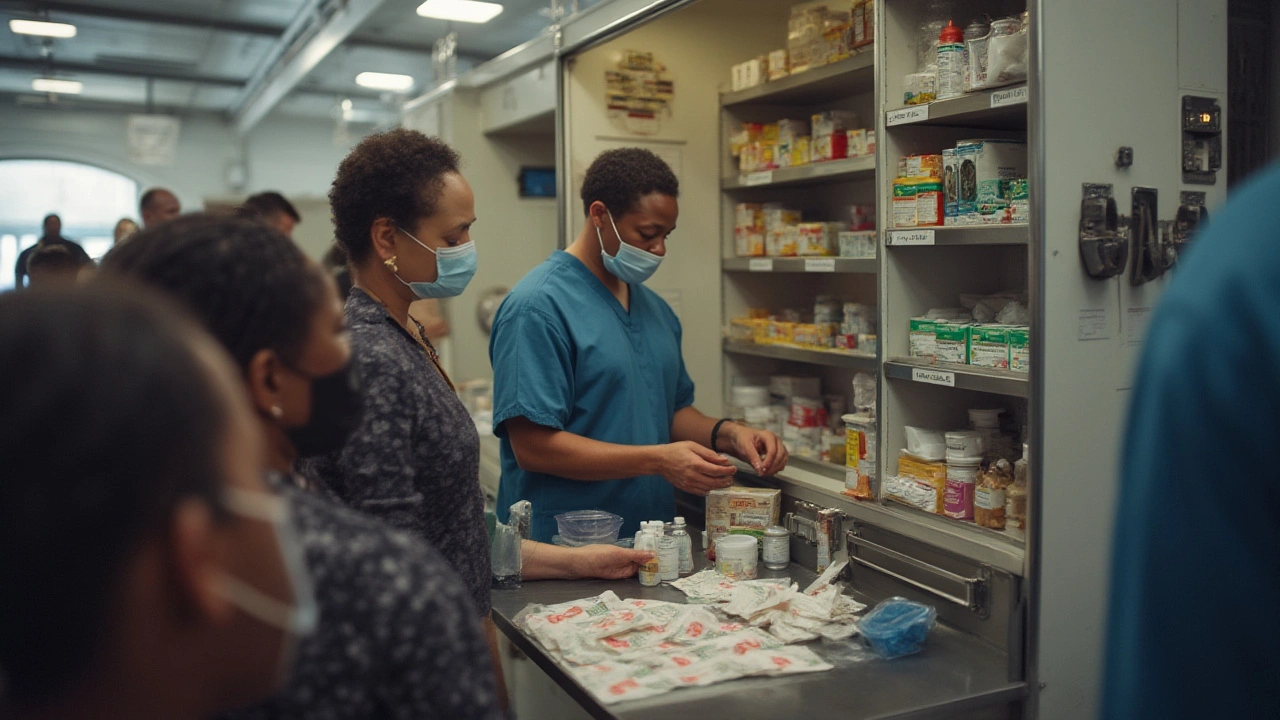Life-Saving Drugs: What You Need to Know
Life-saving drugs are medications that can prevent death or serious harm by treating critical conditions. These can range from antibiotics fighting infections to emergency heart medications. Understanding which drugs are life-saving helps us realize their importance in healthcare and why they deserve priority in availability and affordability.
Ever wondered why some crucial medicines cost so much? The price of life-saving drugs often depends on factors like research costs, patent protections, manufacturing expenses, and distribution challenges. Sometimes, the price skyrockets not because the drug is expensive to make, but because of regulatory and market controls set by pharma companies.
Why Drug Prices Matter to You
High prices on essential medicines can force people to skip doses or avoid treatment altogether. This isn't just a personal health risk—it affects public health. For example, when antibiotics become too costly, untreated infections may spread. That's why understanding drug pricing is important, not just for patients but for policymakers and advocates pushing for fairer healthcare.
How to Get Access to Life-Saving Medications
If you or someone you know needs life-saving drugs, there are ways to make treatment more affordable. Check if generic versions are available—they work the same but cost less. Programs from governments and nonprofits can offer assistance or discounted medication. Also, talk openly with your healthcare provider about cost concerns; sometimes alternative therapies might be an option.
Knowing about life-saving drugs is about more than just naming medicines. It’s about recognizing the barriers that keep them out of reach for many people and what can be done to fix that. Keep informed, ask questions about your treatment, and stay connected to resources that help make these vital drugs accessible for everyone.
Pharmaceuticals for Emergencies: Essential Medicines and Strategies You Need to Know
Discover how pharmaceuticals can save lives in emergencies. Find out which medicines matter most, how they're managed, and tips for disaster readiness.

